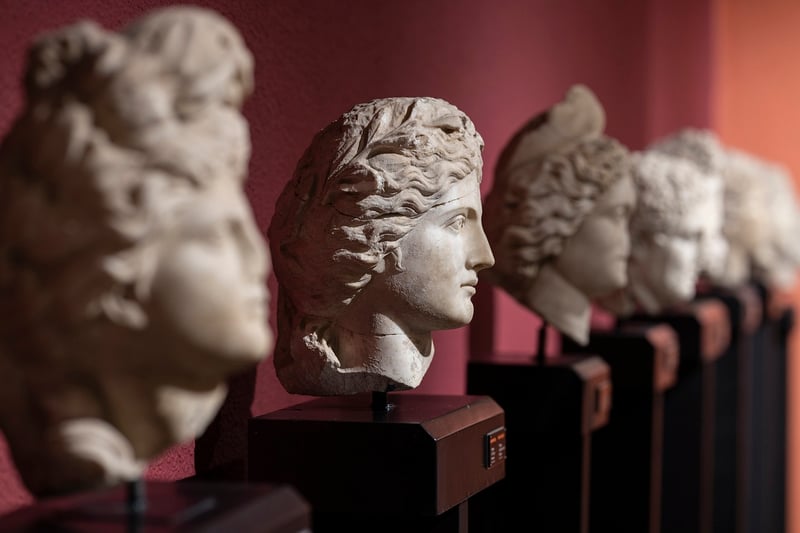Altering History
The Consequences of Altering History
History is a record of the past, a narrative of events that have shaped the world we live in today. It provides us with valuable lessons, insights, and perspectives on how societies have evolved over time. However, there is a cautionary tale that comes with tampering with historical facts and altering the course of events.
Why Do People Alter History?
Individuals or groups may be tempted to alter history for various reasons, such as political agendas, personal gain, or to hide uncomfortable truths. However, rewriting history can have severe consequences that resonate far beyond the initial act of manipulation.
The Consequences of Altering History
- Loss of Truth: Changing historical facts distorts the truth and creates a false narrative that can mislead future generations.
- Erosion of Trust: Manipulating history erodes trust in academic institutions, historical records, and the reliability of information.
- Cultural Impact: History shapes cultural identities and altering it can lead to a loss of heritage and identity for communities.
- Repetition of Mistakes: By altering history, we risk repeating past mistakes as the lessons from historical events may be lost or misrepresented.
Preserving Historical Integrity
It is essential to preserve the integrity of historical records and ensure that the past is accurately documented for the benefit of present and future generations. By learning from the mistakes and triumphs of the past, we can build a better future based on truth and understanding.
Conclusion
History is a delicate tapestry of events that should be respected and preserved. Altering history comes with significant consequences that can have a lasting impact on society. By upholding the truth and learning from the past, we can honor the legacies of those who came before us and create a more informed and enlightened future.

Image source: Pixabay
